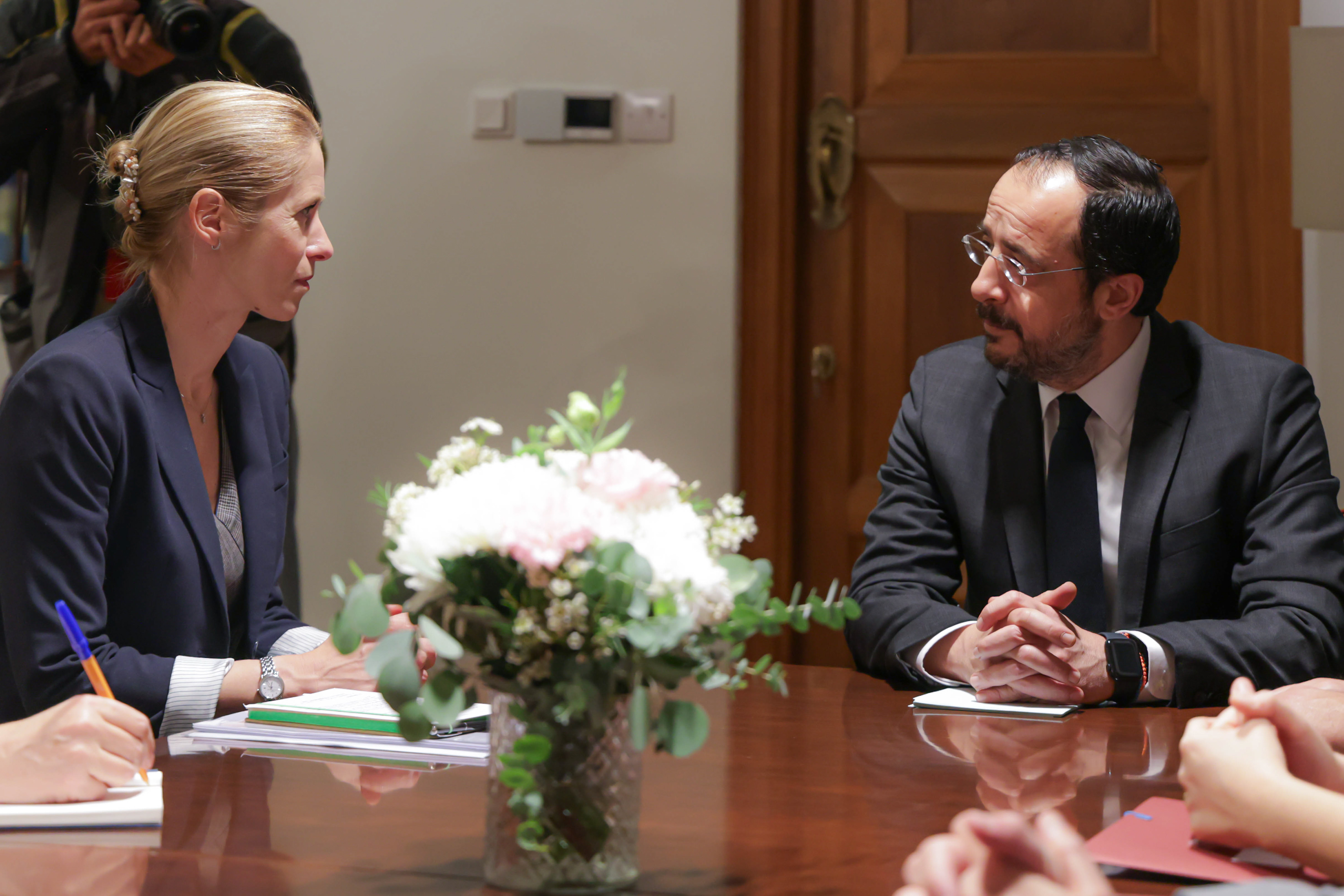Cyprus’ stint at the helm of the rotating presidency a lesson in political equality
“The Cypriots know they cannot become a world power; but they have succeeded in becoming a world nuisance, which is almost as good” wrote the late British Hungarian humorist George Mikes in his travel book Eureka! Rummaging in Greece.
He visited Cyprus in 1964 and stayed at the Ledra Palace Hotel from where he got a fleeting glimpse of Cyprus and its problem sufficient to pen a witty but insightful observation about Cypriot political culture.
World power status may still be elusive but as the Republic of Cyprus (RoC) is about to assume the rotating presidency of the Council of the EU, Mikes’ humorous remark is in mild need of revision even though the RoC’s power will be within the institutional limits of the EU.
The idea behind a rotating presidency was to elevate the power and influence of member states independently of their size and population in order to strengthen the unity of the EU and prevent the over centralisation of political power. As in most federal systems it is political equality that enables the Council to go round all 27 states.
Confusingly, Council is used in the treaty on European Union (TEU) to refer to two distinct institutions of the union — the European Council which is distinct from the rotating Council.
The European Council comprises the heads of state and heads of government of member states. It meets every six months and sets the general political direction and priorities of the EU and decides its external relations but has no law-making function. It elects a president for two and a half years by qualified majority although its decision-making is by consensus.
The Council is very different. It operates at ministerial level in various configurations handed down by the European Council to implement and coordinate EU treaty policy and, jointly with the EU parliament, to legislate and pass the EU budget. Council configurations include foreign affairs, economic and financial affairs, justice and home affairs and the environment.
EU laws are usually made on a proposal from the European Commission which acts as the EU’s executive branch albeit one that is highly political. EU laws have direct effect in member states and although it is essential that they are passed by its parliament they also need to be approved by a majority of the member states since the EU is also an association of states. The EU institution responsible for the input of the views of its member states in legislation is the rotating Council.
The same procedure is followed in the adoption of the EU budget. A revenue and expenditure draft is presented to the Council by the Commission which it then negotiates with the European parliament for approval usually in October of each year.
The role of the presidency of the Council is to set its own detailed agenda and priorities and convene and chair meetings by the relevant government ministers. Inevitably member states push their interests to the forefront, but they are constrained by the principle of impartiality, qualified majority voting and the overarching strategic programme set by the 18-month presidency trio cluster to which they belong — the current trio is Poland-Denmark-Cyprus.
Qualified majority voting is done in accordance with elaborate permutations designed to balance functionality and political equality. A qualified majority has to be 55 per cent of the Council comprising at least 15 of them representing 65 per cent of the EU population; a blocking minority must include at least four members of the Council failing which the qualified majority is deemed attained.
When the Council meets to decide on draft legislative acts it must meet in public and when it meets to decide foreign policy the Council has to act consistently with strategic goals set by the heads of state and government of the European Council and is chaired by the EU High Representative in place of the rotating presidency.
That is enough detail to give people some idea of the nature of the rotating presidency the RoC is about to assume. This will be the second time Cyprus will lead the Council but the RoC presidency under Nikos Christodoulides is bound to be different from when the late Demetris Christofias was at the helm and went around telling anyone prepared to listen that he was an old communist.
Love him or loathe him, Christodoulides’ political talents at networking and optics are ideally suited to take full advantage of the RoC’s stint in charge of the EU’s rotating presidency and people should not begrudge him his six months at the apex of the EU.
Turkish Cypriots in particular should avoid seeing the RoC presidency of the EU’s rotating Council negatively. A practical understanding of political equality is exactly what RoC leadership needs if a federal solution to the Cyprus problem is going to have any chance of success.
One of the problems in Cyprus has been the zero sum attitude the two sides have towards one another whereby a gain by one side is seen as a loss by the other.
It is possible for the gain of one side to benefit the other side too. The presidency of the EU will definitely be good for RoC but it will also be good for the Turkish Cypriots as it would highlight political equality which lies at the heart of the Turkish Cypriots case in Cyprus just when they voted overwhelmingly for a federal solution.






Click here to change your cookie preferences